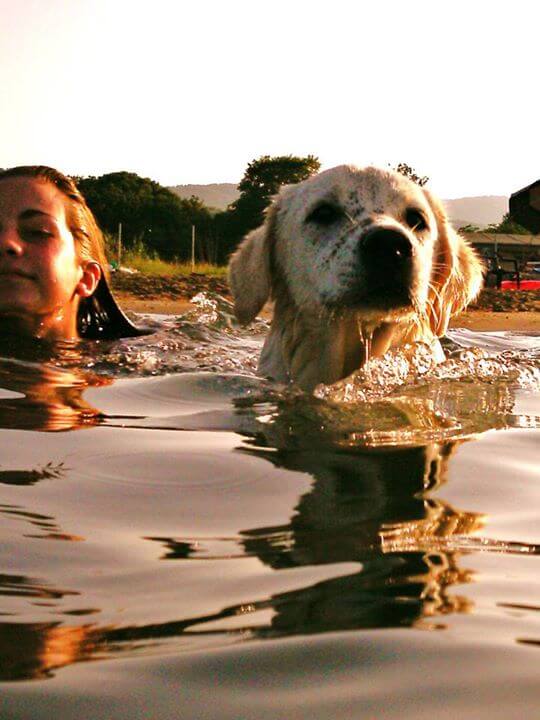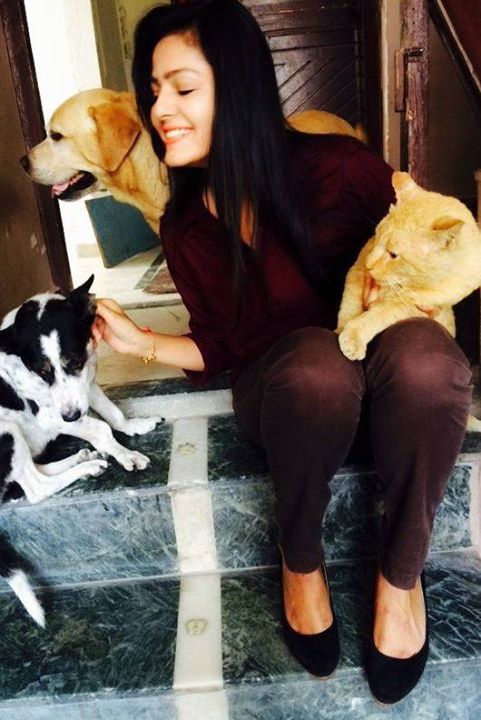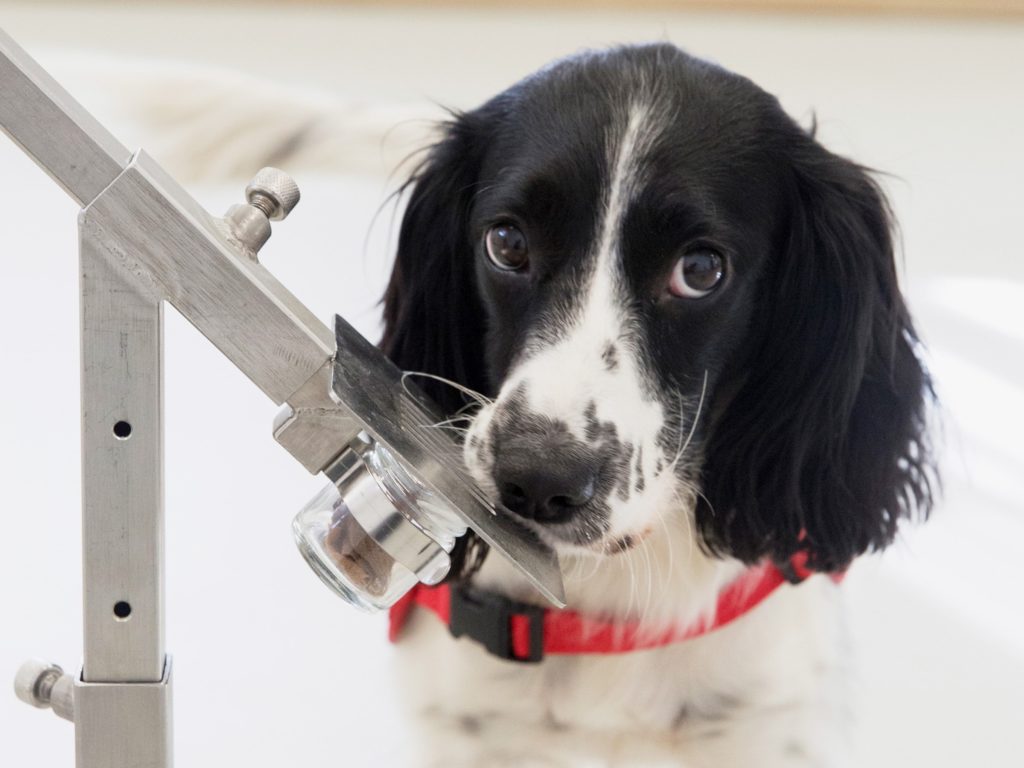
Dogs are amazing! Not only are they our perfect companions but they keep pulling off medical miracles, saving their humans from early detection of diseases like Cancer. A dog’s sense of smell is about 1 million times greater than that of humans. With this precise sense of smell can dogs detect health problems in Humans?
Can dogs detect health problems in humans?
From detecting RDX to drugs, it’s simply amazing what they can do. In addition to smell, many dogs also have a strong “sixth sense”; they just notice things that we don’t. In multiple studies, dogs have been “intriguingly accurate” at detecting certain cancers by smelling breath or urine samples.
Research has shown that malignant tissues release chemicals that are different from normal tissue, and “it’s not surprising that dogs can recognize these differences.”
says Ted Gansler, MD, MBA, director of medical content for the American Cancer Society.
Dogs have also saved lives by early detection of health problems before they even occur. Dogs have also alerted humans to changes in their blood pressure or even let them know when a heart attack was imminent.
Amazing dog facts you need to know!
How do dogs detect human diseases?
Dogs’ sense of smell is way more advanced than the best of man-made machines. Consider this, a dog can detect substances at concentrations of one part per trillion—akin to locating a single drop of liquid in 20 Olympic-size swimming pools!
No wonder then that with training, these good boys sniff out drugs and bombs, trace suspects and even help find victims of earthquakes or other calamities. Dogs are being increasingly used to detect human diseases—from cancer to COVID-19, diabetes to malaria. All thanks to their sense of smell!
Dogs helping with disease detection in humans
1. Malaria – Medical Detection Dogs, a UK based organisation showed how dogs could tell from sniffing someone’s socks whether they had malaria. The dogs could tell if the patient had malaria even if the patient showed no symptoms, now that’s a dogtor!

“Our previous work demonstrated that dogs can detect odours from humans with a malaria infection with extremely high accuracy—above the World Health Organization standards for a diagnostic.”
Professor James Logan, Head of the Department of Disease Control at London School of Hygiene and Tropical Medicine (LHSTM).
Now this organisation is working with researchers to see if dogs can spot the dreaded COVID-19 virus too.
2. Diabetes – Alert dogs let their type 1 diabetic human companions know that their blood sugar levels are off before the person feels any symptoms or takes a blood test.
3. Prostate cancer – In 2015, Italian researchers announced that they had trained two German shepherds to detect chemicals linked to prostate cancer in urine samples.
4. Parkinson’s disease – Researchers are attempting to train dogs to detect Parkinson’s disease years before symptoms emerge.
5. Breast cancer – Canine cancer detection is being increasingly deployed at staging stage as a non-invasive and inexpensive way to detect the disease at an early stage. Dogs are helping to detect breast cancer, and melanoma by sniffing people’s skin, bodily fluids, or breath.

But you need not wait for experimental research, the greatest asset of a dog’s sixth sense is that he can smell a good person a mile away. In odd chances, if you look closely, you can also find a cat among them.
Research suggests that people who live with dogs are more relaxed and far from anxiety and stress disorders. Thinking of adopting a dog?

Sinfully true! 😛
Wonderful photo!!!!!
Reblogged this on (: In Couch with Myself :).
I personally believe they can smell any sort of untoward danger/event 🙂
You are one smart lady 🙂